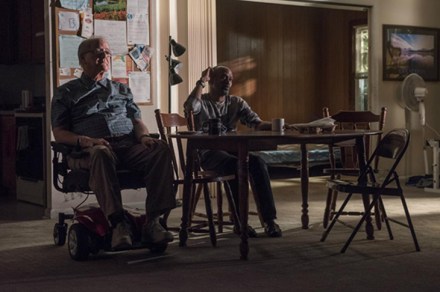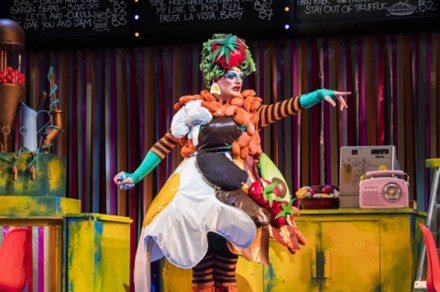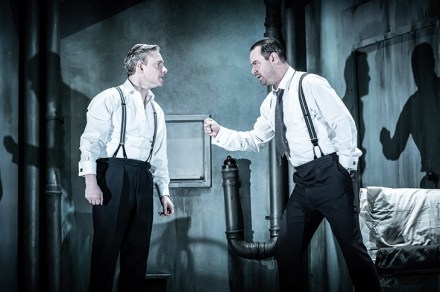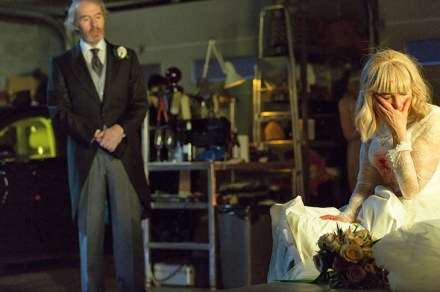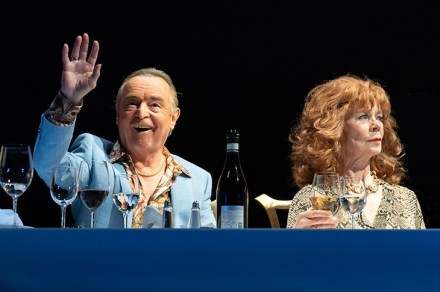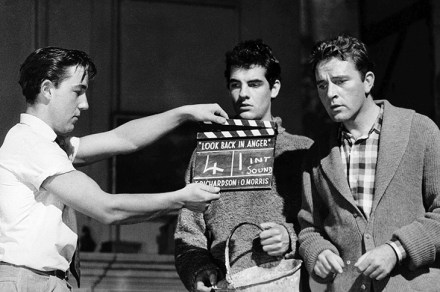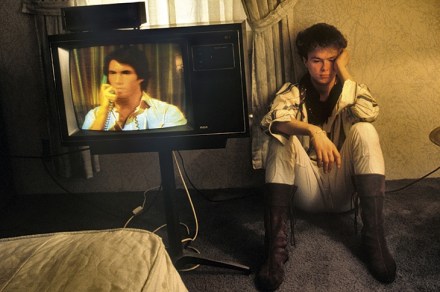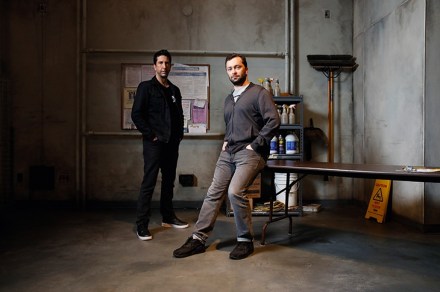Bad blood | 4 April 2019
The Phlebotomist by Ella Road explores the future of genetics. Suppose a simple blood test were able to tell us how long we will live and what disease will kill us. If the tests were compulsory and the results publicly available, a new hierarchy based on life expectancy would emerge. Citizens facing chronic illness or early death would struggle to find jobs and spouses. The scientists who administer the tests would come under pressure to falsify the results. And alpha citizens with high-grade DNA would be murdered, and their blood harvested to create fake genetic identities. This gruesome, ingenious and all-too-believable scenario is presented through a squeaky-clean romance between two



